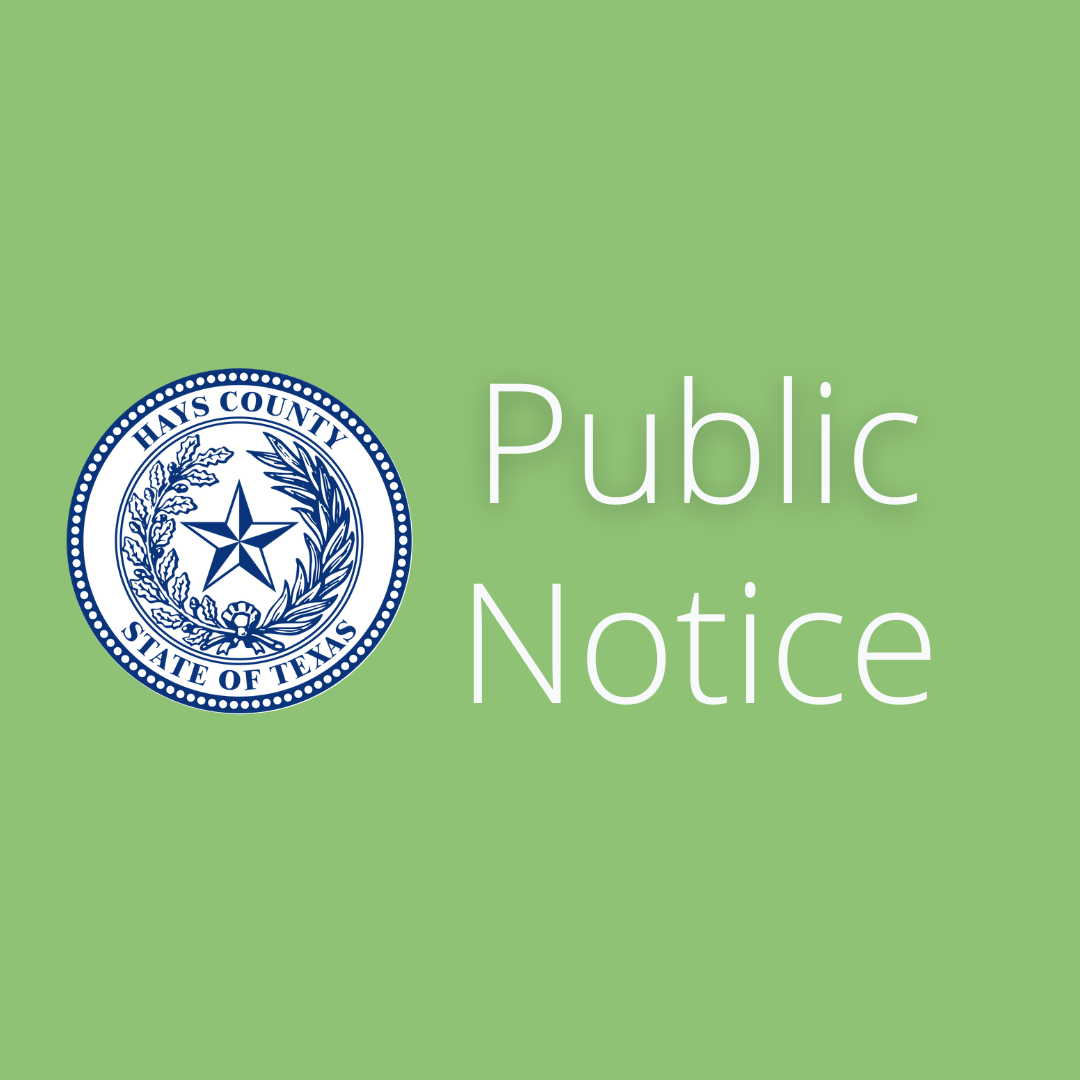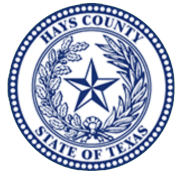TWON to host water well screenings in Hays County
Residents residing in Hays County are invited to water well screenings and results meeting
WIMBERLEY, Texas — The Texas Well Owner Network (TWON) is hosting an upcoming event in Hays County on April 7-8, allowing residents to have their well water screened.
Joel Pigg, Texas A&M AgriLife Extension Service program specialist in College Station, said the Texas Well Owner Network program is for Texas residents who depend on household wells for their water needs.
“The TWON program was established to help well owners become familiar with Texas groundwater resources, septic system maintenance, well maintenance and construction and water quality and treatment,” Pigg said. “It allows them to learn more about how to improve and protect their community water resources.”
Water samples will be screened for contaminants, including total coliform bacteria, E. coli, nitrate-nitrogen and salinity.
Water Sampling and Meeting Information
On April 7, water samples can be dropped off at the following times and locations: from 8:30-10:30 a.m. at the Hays County AgriLife Extension office, 200 Stillwater Road, Wimberley; 8:30- 11:30 a.m. at the Barton Springs/Edwards Aquifer Conservation District office, 1124 Regal Row, Austin; 8:30-10:30 a.m. at the Hays Trinity Groundwater Conservation District office, 14101 Highway 290 West, Building 100, Suite 212, Austin.
On April 8, a follow-up meeting to discuss the screening results will take place from 11:00 a.m. to noon at the Wimberley Village Library, located at 400 FM 2325, Wimberley.
Sampling Instructions
Pigg said area residents wanting to have their well water screened should pick up a sample bag, a bottle and instructions from the local AgriLife Extension office or Groundwater Conservation District office before April 7. There will be a $15 per sample cost for the screening, and residents may submit as many samples as they like.
“It is very important that only sampling bags and bottles be used, and all instructions for proper sampling are followed to ensure accurate results,” he said. “Private water wells should be tested annually, he said. The samples will be screened for contaminants, including total coliform bacteria, E. coli, nitrate-nitrogen and salinity.”
Pigg said it is essential for those submitting samples to attend the follow-up meeting to receive results, learn corrective measures for identified problems and improve their understanding of private well management.
Well-Water Contaminants Concerns
According to Pigg, research indicates that the presence of E. coli bacteria in water suggests that waste from humans or warm-blooded animals may have contaminated the water. Water contaminated with E. coli is also more likely to contain pathogens that can cause diarrhea, cramps, nausea or other symptoms.
The presence of nitrate-nitrogen in well water is also a concern, and water with nitrate-nitrogen at levels of 10 parts per million is considered unsafe for human consumption.
“These nitrate levels above 10 parts per million can disrupt the ability of blood to carry oxygen throughout the body, resulting in a condition called methemoglobinemia,” Pigg said. “Infants younger than 6 months of age are most susceptible to this.”
Salinity, as measured by total dissolved solids, will also be determined for each sample, he said. Water with high levels may leave deposits and have a salty taste. Using water with high levels for irrigation may damage soil or plants.
The screenings are presented by AgriLife Extension and Texas Water Resources Institute, TWRI, in partnership with the Hays County AgriLife Extension office, Barton Spring Edwards Aquifer Conservation District and the Hays Trinity Groundwater Conservation District.
Funding for TWON is through a Clean Water Act Section 319(h) nonpoint source grant provided by the Texas State Soil and Water Conservation Board and the U.S. Environmental Protection Agency. The project is managed by TWRI, part of Texas A&M AgriLife Research, AgriLife Extension and the Texas A&M College of Agriculture and Life Sciences.
To learn more about the programs offered through the network or to access additional publications and resources, visit https://twon.tamu.edu. For more information on the water screening, contact Joel Pigg at 979-321-5946 or j-pigg@tamu.edu










Hays County, Texas
Main County Mailbox:
712 S. Stagecoach Trail
San Marcos, Texas 78666
Main Number: 512-393-7779
Connect with us!
©Copyright 2023-24 Hays County, Texas | Website by Munission

